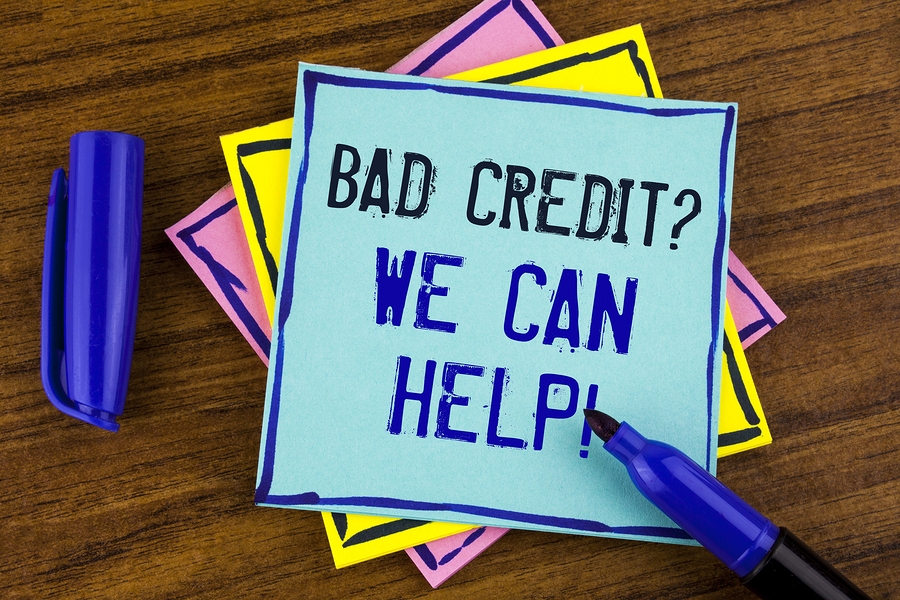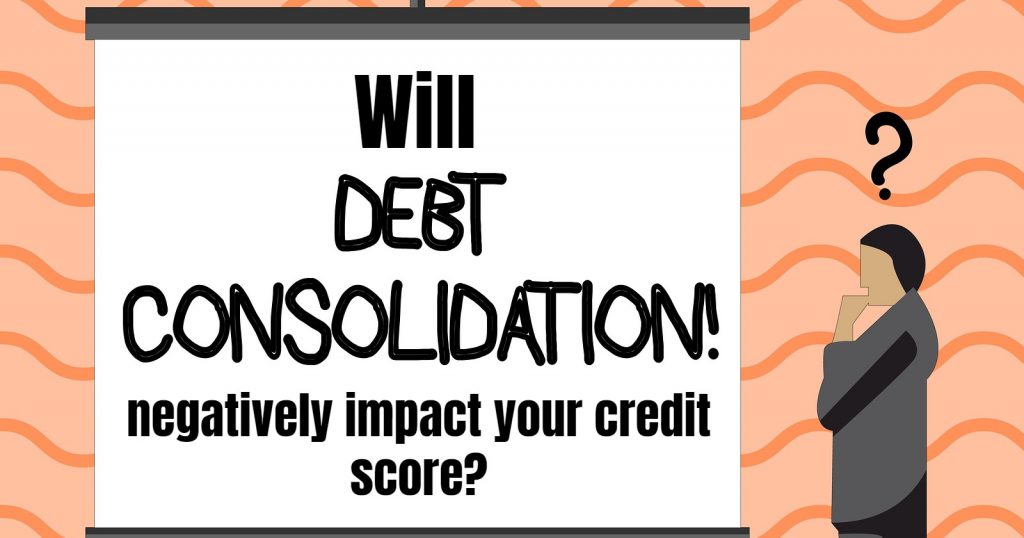6 Credit Traps That Await Divorcing Couples

The divorce itself doesn’t affect your credit score, but watch out for these common scenarios that most definitely do. Just as your credit scores don’t merge when you get married, they don’t experience any automatic hit or boost when you divorce. The divorce itself is not factored into your credit score whatsoever. However, the process of untangling financially from your ex could leave a mark on your credit file for many years to come.
- You close all of your joint accounts, and they were all joint accounts
If you close out all of the joint accounts you held with your spouse and you had no accounts of your own, you could end up with no credit score. To have a FICO score, you must have at least one account that is six months old or older, at least one account that has been updated by the creditor within the past six months, and no deceased on file.
If you do have individual accounts you might meet the FICO requirements for scoring, but the closures can still hurt you. Specifically, your total available credit will go down as a result of the closures, and your debt utilization will go up as a result (if you have debt). The closed joint accounts will fall off your credit file eventually, and your score could take another hit if the average age of your accounts goes down as a result.
- You had bad credit before you got married
Your credit is your credit, and most items in your credit history remain there for seven to ten years. So if you had bad credit to begin with and were married for a few years or less, your bad credit will still be reflected in your score even if your spouse’s score was excellent.
If you owned joint accounts in good standing but closed them when you divorced, thank your ex for the boost. Those accounts will factor into your score and benefit you until they are too old to appear on your credit report.
- You had no credit history before you got married
Particularly important to non-working spouses, if all of the financial accounts are in the spouse’s name, creditors will have no way to evaluate your creditworthiness when you once again become single. You’ll have to build credit from scratch.
- You’re ordered to pay a high percentage of your income in spousal and/or child support
The spousal or child support doesn’t directly affect your credit, but consider this very common scenario: one spouse works full time, the other stays home to raise the three children. When the couple divorces, the working spouse is ordered to pay spousal and child support that equates to the majority of his (sometimes her) total income.
The earning spouse may even need to take on a second job to pay his own expenses. When money is super tight and expenses are maxed out, things can quickly spiral out of control. A sudden injury or layoff could leave the earning spouse unable to pay all the bills, leading to late payments or defaults and a credit disaster.
- You fall behind on spousal or child support payments
No matter what amount you’re ordered to pay, the consequences of falling behind are quite serious. Laws vary state by state, but in California for example, consequences for nonpayment include:
- Passport denial
- Liens against assets
- Suspended licenses
- Wage garnishment
- Interception of income tax refunds, disability and unemployment payments, worker’s compensation awards and lottery winnings
- Seizure of funds in a bank account or of real property
- Negative credit reporting.
Don’t think that you can skip paying this bill for any reason other than an order modification by the court. It doesn’t matter if your ex gets a great job, you lose your job, or you believe that there is some other valid reason why you shouldn’t have to pay. A default will show up as a serious negative item on your credit report whether it pertains to spousal support, child support, credit card debt, an auto loan, or any other financial obligation.
- Your ex is a financial deadbeat
The judge in your divorce proceedings can’t reassign debts or refinance your joint loans by an order of the court. If both spouses are named on an account, they both remain 100% responsible for the debt, whether married or not. Creditors are not obligated to give you any leeway when it comes to collecting the debt just because you have a legal document in your hand that states your ex is responsible for paying the debt.
Late payments and defaults can and will show up on your credit report if your name is on the account in question. If your ex was ordered to pay a debt but doesn’t, you have to pay it yourself if you don’t want it to affect your credit (if your name is on the account).
You can get the lawyers involved, ask the court to garnish your ex’s wages, even show up with gifts, begging your ex to stick to the financial plan. But in the meantime, late and missed payments will show up on your credit report as if the bill were your responsibility to pay. Because legally, it is.
Protecting Your Credit during Divorce
Close joint accounts, and in the case of joint debts, ask the creditor to remove one spouse’s name from the debt. If that isn’t possible, refinance the debt in just the responsible person’s name. Even that isn’t possible for some couples, so you may have to sell assets that can’t be neatly separated. In all cases, try to distribute the financial responsibilities equitably so that neither person is more reliant than absolutely necessary on the other’s good financial behavior.
Maintain good financial behavior yourself. Pay all bills on time. Don’t run up debt in your ex’s name, even if someone encourages you to do so. Chances are very good that you’ll be held liable for the debt if your ex can prove it didn’t exist before your separation. Reckless financial behavior on your part is courtroom ammunition for your ex, plus it’s dishonorable and does nothing to help you make a clean break from your former partner.
About the Author: Kimberly Rotter
Kimberly Rotter is a debt management expert and personal finance writer. She is a regular featured contributor on Credit Card Insider, Credit Sesame, Investopedia and CreditRepair.com, and her work has appeared on numerous other personal finance sites including Yahoo! Finance, LearnVest and Business Insider.
Views expressed are the personal views of the author, and do not represent the views of the National Foundation for Credit Counseling, its employees, its members, or its clients.
This post originally appeared on CreditCardInsider.com Feb. 2015. Updated 4/17/19.



